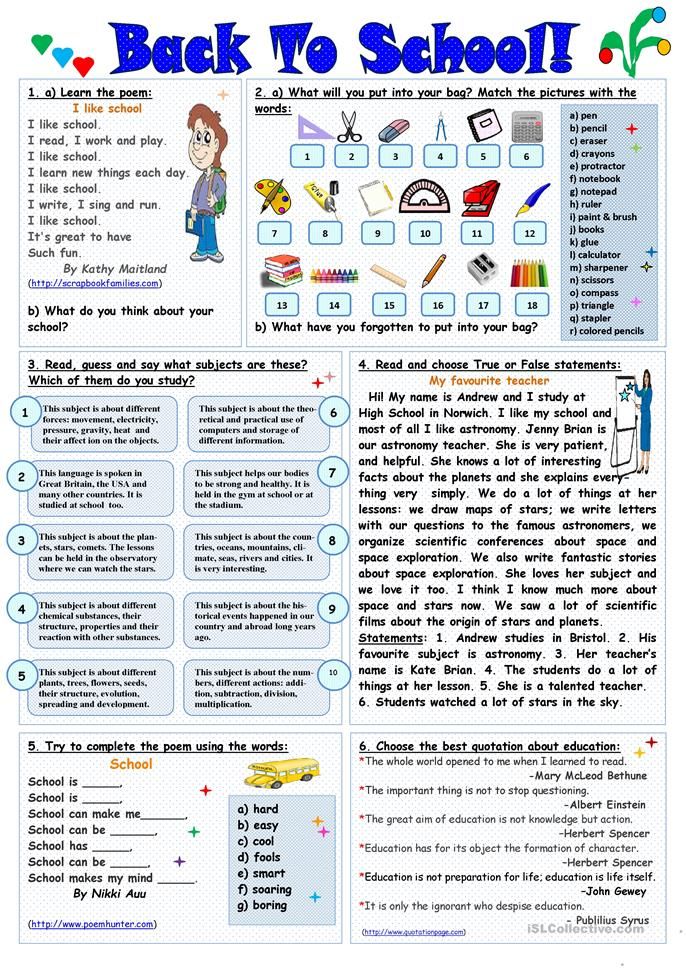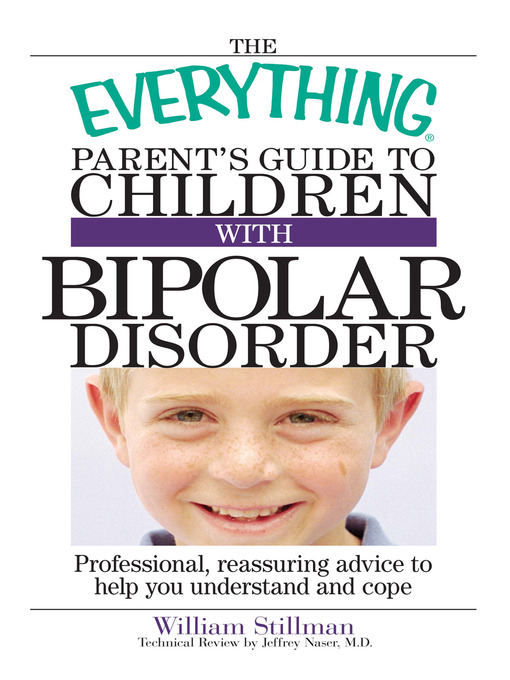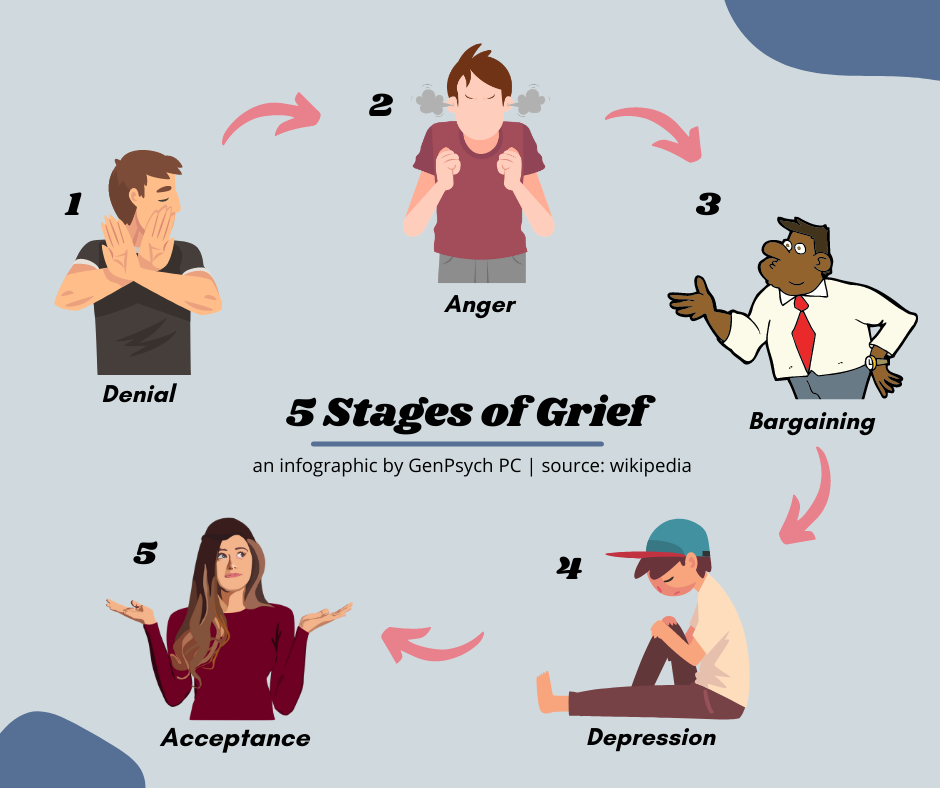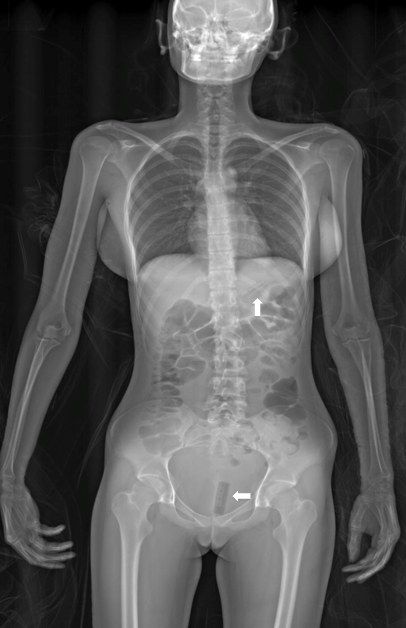Absence of mother
The Impact of Having an Absent Mother
We need our mother’s warmth, attention, and affection more than almost anything in our lives. There aren’t many things we need more than it. Think about it: your first big fear is losing her and not having her there when you need her. If you have an absent mother, there’s nothing in the world that can make up for it.
In those early moments of your life, you’ll put up with anything she does. If she criticizes you harshly or neglects you, you’ll forgive her in the blink of an eye. In those situations you probably don’t even dare question what she did. It’s actually more likely that you’ll blame yourself for making her angry. And the reason is that what you fear the most when you’re little is her abandoning you.
-William Ross Wallace-
No matter how available a mother is, there will always be times when she has to be away. She can’t help but leave you alone sometimes, even if it’s not for long. At these young ages, we still aren’t aware of time and so we don’t know if she’ll ever come back. L ittle by little, you learn to deal with those short absences, even though it’s scary.
If for some reason your mother is actually absent most of the time, not just every once in a while, it will open up a wound in your heart that will never heal. If your mother is completely absent, the emotional damage will be so bad that it will leave a terrible mark on your mind, especially if it’s in your first six years of life.
An absent motherSome people make it to adulthood completely terrified whenever they have to be alone. For example, if no one is at home, they may get anxious and feel like they’re drowning. These kinds of people can be extremely charming though, too. They’ve learned that they need to “be good” and always act the way other people expect them to. But when they’re alone, they feel like scared children.
An absent mother is also sometimes the root cause for sleep and eating disorders. It might be that she wanted her baby to eat and sleep, and manipulated them by not being there all the time. It’s like they’re making her pay back a debt, although they’re the ones who truly end up paying in the end.
A mother who is absent a lot and for long periods of time may give her child extreme anxiety problems. They’ll be afraid when she leaves and when she comes back, because they won’t know how long she’ll be around.
There are even some mothers who use that fear to “control” their children. They threaten to abandon their kids if they don’t listen. There’s really no escape for a child if they don’t have a good mother.
The consequences of having an absent motherChildren who have an absent mother develop certain typical behaviors towards her: protesting, desperation, and distancing. Her being gone doesn’t make them feel more affection; it makes their emotions go wild.
In the end, their only choice is to block their feelings of love. Some kids even end up with a dull hate towards her because of this vicious cycle of loving and losing over and over again.
An absent mother can create distant, angry, sad children. Little by little, and with their souls on fire, they learn that they have to go it alone in the world.
It is a dangerous situation for children, so to survive it sometimes they put on masks: kind and obedient, or the neighborhood bully, insensitive… Once they’re adults, it’s hard for them to tell what’s hiding behind the fake personality they created to deal with the abandonment.
What children really lose when they have an absent mother is their trust in other people. And their hope that someone will respond to their needs, or even just love them. Because of this, when they love people as adults, there is often complete dependence. But the relationships don’t usually last.
They may be skeptical of their relationships, or ask impossible things of them. So what an absent mother leaves in her wake is a person who’s learned nothing but how to build relationships full of anger, anxiety, and above all, mistrust.
It might interest you...
How an Absent Mother Affects Children
5 minutes
Discover why a maternal figure is so important in children's mental and emotional development.
Last update: 25 February, 2018
When it comes to child development, an absent mother is not a trivial matter. In this article, we’ll take an in-depth look at what can happen in this situation.
From the very beginning of a child’s life, the mother is the most important figure of attachment. When a mother is not present in the life of her children, this can bring major consequences for their development.
A child’s overall development is shaped by different aspects, from their physical needs to their emotional life. The relationship between a child and their mother or father is a vital part of their mental and emotional development.
The relationship between a child and their mother or father is a vital part of their mental and emotional development.
A parent may be absent due to many different circumstances, some of them tragic . Not all children are lucky enough to grow up with a mother.
In other cases, although the mother is present, she is not able to spend enough time with her children, whether due to work commitments, relationship breakdown or other factors.
The absence of a mother figure can have a significant impact on the development of the child. However, the extent of the harm will depend on their environment and how the situation is managed.
What a mother gives her child
When we think about motherhood, the first word that comes to mind is protection. And with good reason.
A mother is the person who brings us into this world, and who nourishes and cares for us from the very beginning. This bond is an indispensable part of human existence.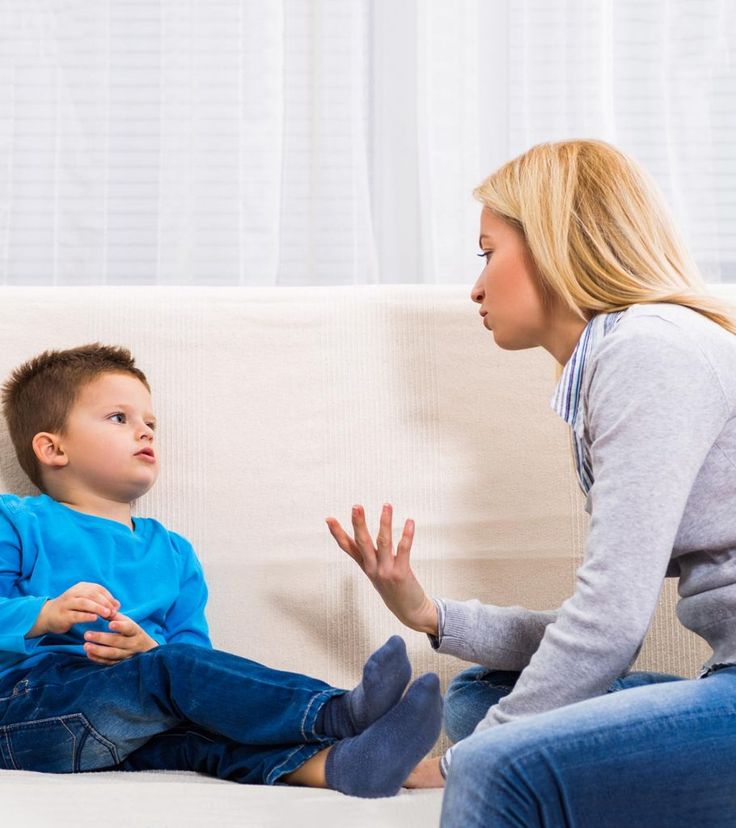
As we grow older, our mother is there to comfort us whenever we feel down. She is there to soothe, calm and encourage us and chase away our fears. When we are nervous, scared, angry or in pain, she is the person we look to for unconditional support.
Feeling loved and valued by their mother will help a child to develop healthy self-esteem and build self-confidence.
An absent mother, therefore, can lead to deep insecurity in children. This is especially true when other adults in the child’s life do not take action to address the situation.
This is one case where the support of a professional counsellor is indispensable.
Consequences of an absent mother
From the very start of a child’s life, their mother is their most important figure of attachment. The lack of a mother figure can have major consequences.
Here are some of the main ones:
- Negative feelings.
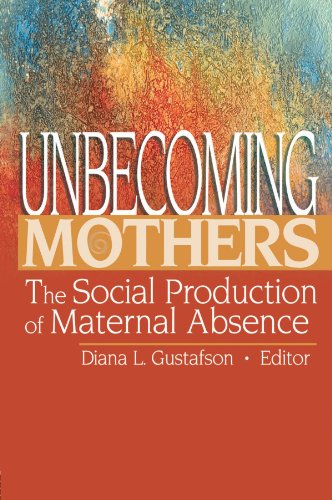 The child may experience feelings of loneliness or worthlessness, given that they don’t receive the care and affection they need. This, in turn, can lead to anger or frustration.
The child may experience feelings of loneliness or worthlessness, given that they don’t receive the care and affection they need. This, in turn, can lead to anger or frustration. - Poor behavior. This includes not responding to instructions, making unreasonable demands or hurting themselves or others. In more general terms, the child may seem to be constantly in a bad mood. These are common responses to the absence or loss of a parent or similar figure. Patience and affection are vital when it comes to helping children go through this phase.
- Problems with social relationships. Along the same lines, the child’s other social relationships may also suffer. Whether due to lack of trust or because they have not learnt the necessary social skills, children with an absent mother figure tend to have trouble connecting with others. They may also develop a dependency on the people who are there for them.
- Emotional imbalances.
 This means irritability, low self-esteem, depression, anxiety, lack of motivation and more.
This means irritability, low self-esteem, depression, anxiety, lack of motivation and more. - Health issues. Faced with the loss or absence of their mother, some children may lose their appetite. Coupled with the emotional issues described above, this can lead to problems with the child’s physical health. This should be addressed immediately by a professional.
How to help a child cope with an absent mother
Despite all of the above, there are ways to help a little one cope with the loss or absence of their mother and its after-effects.
Here are some tips for parents or guardians:
- Be their mother figure. Although this is far from easy, a father or any other guardian can fulfill the role of mom and dad. Tact, understanding and affection are critical, but this can be a good solution for all those involved. This way, you will fill the gap in their lives, at least partly.
- Find a substitute. With the help of aunts, grandmothers or any other close family member, you may be able to find someone to take on the role of a maternal figure.
 As in the previous case, it is important not to force the relationship. The bond will need to form gradually, on a basis of trust and love.
As in the previous case, it is important not to force the relationship. The bond will need to form gradually, on a basis of trust and love. - Explain the situation to them. The truth will always find its way out. Tell your little one why it is that their mother is not in their life. Sooner or later, they will need to know.
If the child’s mother is not completely absent, but, for example, works long hours away from home, the situation may be much easier to resolve.
Many studies have shown that the quality of shared time is far more important than the amount of time spent together.
It is important to give your child your full attention when you can. Remember that these moments help considerably.
What you do together is less important: play, take a walk or help with their homework. Just spending time with your child will help them to feel valued and supported.
Children understand when their mother takes an interest in them, loves them and supports them. It is this day-to-day presence that is critical for their development.
It is this day-to-day presence that is critical for their development.
The image of the mother: how does it affect the daughter?
123,925
Parents Know thyself
Let's talk about mothers. We have identified some of the most striking types of mothers and the characteristics of the upbringing that they apply to their daughters. Of course, these patterns can be expressed to a greater or lesser degree. Most often, styles are combined.
Infantile mother
Excessively emotional mother, with immature manifestations in life. A woman who has never been able to take an adult position in life, using her weakness and awkwardness to ensure that others solve her problems. nine0003
In communication with her daughter, she constantly strives to be a “girlfriend”, perhaps even buys the same clothes. He cannot build the necessary framework in relations with his daughter: the child finds himself in a situation where he himself has to take the position of an adult.
Their daughters often tell that they have repeatedly blushed for such a mother, and the whole life of an adult daughter is devoted to solving the problems of an infantile mother. If such a family does not have a strong father figure—an absent father or a suffering father—the daughter will assume the male role as the adult. nine0003
For the daughters of infantile mothers, sexuality is usually a territory of great questions and complexities. They have to create an image of femininity and adult sexuality in pieces that they find along the way of becoming - through images of women in films, through other women in the environment. Their sexuality can be infantile - they expect their partner to reveal their sensuality, rarely taking the initiative.
The movement towards the harmonization of femininity will lie through the acceptance of an adult woman in oneself, through understanding the concept of "strength" in a woman. Particular attention will be required to build boundaries with such a mother, because she may tend to over-merge and constantly participate in her daughter's life.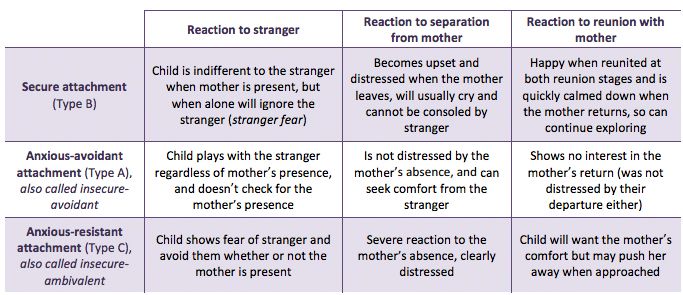 nine0003
nine0003
Forbidden or abusive mother
Such a mother orders her daughter (directly or indirectly) to give up sexuality. Violence can be expressed through words or actions. Often such women are not satisfied with their sex life, and if the father lives in the family or takes part in the upbringing of his daughter, the mother speaks extremely negatively about him and seeks to persuade the daughter to her side.
By giving birth in her daughter to disgust for men and fear of other women, this mother puts the child before a choice: to submit or rebel. nine0003
Daughters of abusive mothers regularly complain of anorgasmia, that in sex they cannot be faithful to their desires
There may be special obsessive desires or scenarios in the sexuality of such a girl. Often the daughters of abusive mothers live promiscuous sex lives: deprived of maternal warmth in childhood, they offer their body in order to receive love and tenderness in return.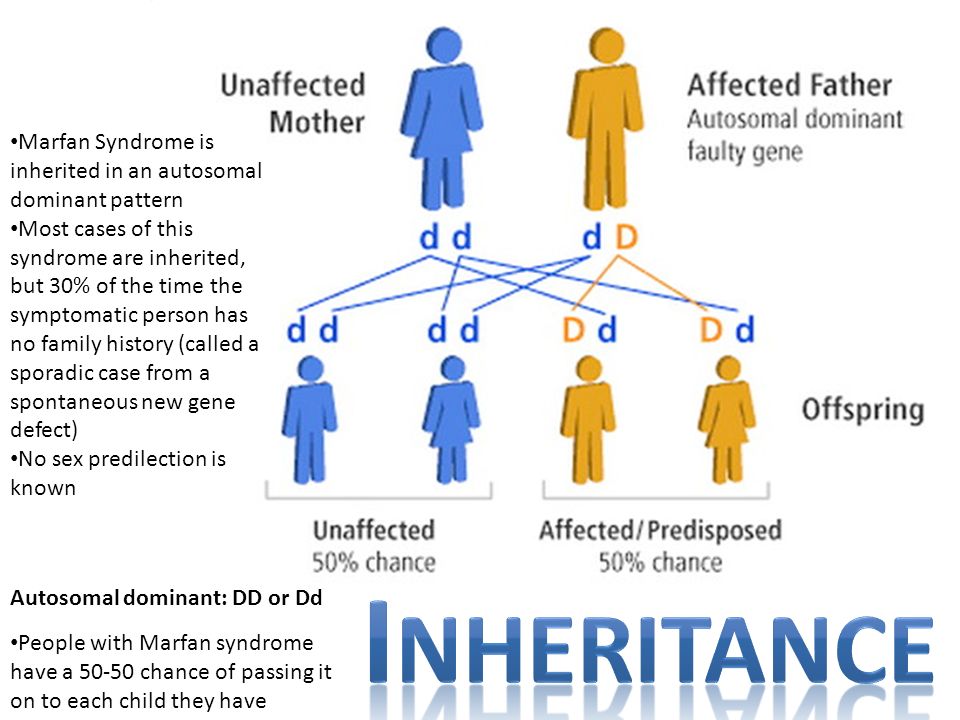 They regularly complain about anorgasmia, that in sex they cannot be true to their desires, and the pleasure of a partner is paramount for them. nine0003
They regularly complain about anorgasmia, that in sex they cannot be true to their desires, and the pleasure of a partner is paramount for them. nine0003
The solution to such difficulties can be the practice of "slow sex", when the foreplay is stretched for a long time and the movements of the partners are very slow. With this approach, it becomes possible to pay attention to each gesture and accept affection.
Absent mother
A mother who is not present in her daughter's life does not build meaningful relationships with her. A daughter may perceive herself as an extra element that prevents her mother from living a full life.
Often such mothers have an active sex life, and a daughter for them is either an annoying duty or a “mistake” that broke their lives. They often explain their absence by the fact that the daughter is not what the mother would like. All this causes severe injuries. A child is haunted all his life by a feeling of longing, which can be felt by especially receptive friends and partners. nine0003
nine0003
It is these mothers who bring up patients with severe mental disorders: borderline or bipolar disorder.
In sexuality, the daughters of absent mothers themselves are often “absent”. It is almost impossible for them to be in the moment "here and now", they float away to fictional worlds, reproduce plots of invented stories.
There are a lot of contradictions in intimate relationships: it is difficult for them to build real intimacy, they often demonstrate to their partner that they do not value them. The loss of relationships is more devastating for them than for others - in such a situation, cases of suicide are not uncommon. nine0003
Women develop most harmoniously, in whose life there was an alternative model of a woman: warm, loving, caring. It can be a grandmother, an older sister, a teacher at school. Through such contact, the girl manages to understand and accept femininity.
If this was not the case, it is necessary to rely on the structuring female image in adulthood. It can often be a kind and accepting female therapist.
It can often be a kind and accepting female therapist.
Sexy mom
This is a selfish type of mother who is only interested in herself, tends to lead the most hedonistic lifestyle, leaving her daughter on the sidelines of her life. The girl sees her mother in the best outfits, with incredible make-up, seductive, coveted by men. nine0003
Motherhood for such a woman is a threat to her sexual power. The growing daughter frightens the mother, she can feel the competition and in every possible way try to stifle the femininity and attractiveness of her daughter. Therefore, the daughter will feel like an ugly woman, regardless of her real attractiveness - there is only room for one beauty in the family.
It is important to learn how to express anger and resist the toxic mother image
Subsequently, such a mother may encroach on her daughter's suitors. Everything should revolve around her and, depending on the degree of pathology, she will use manipulations of various strengths so that the interests of all family members converge on her. nine0003
nine0003
In a daughter's sexuality, this image will be overwhelming. As if a sexy mother inspired her: “Only I have the right to enjoy! But not you! It will be difficult for a daughter to tread the path to pleasure in sex. Often there are difficulties in achieving orgasm: the feeling of one's own unattractiveness makes the fact that a man chooses her something supernatural. Therefore, she is ready to sacrifice her pleasure for the sake of his desires and comfort.
To achieve harmony, the daughters of sexy mothers need to learn to accept their emotions. Learn to express anger and confront toxic mother images and other similar types of women. nine0003
A frigid mother
This is the exact opposite of a sexy mother. The frigid mother spreads a dead cold around the topic of sensuality, condemning and humiliating any manifestations of sexual behavior in her environment.
Denying sexuality, flirting, falling in love, she teaches her daughter to see only base and unworthy in manifestations of sensuality. Incredibly harsh and "castrating" statements are often used.
Incredibly harsh and "castrating" statements are often used.
This can especially manifest itself in the direction of men, whose lusty image will be opposed to true love and purity of soul. nine0003
Often daughters, at the moment of teenage rebellion, rebel against their mother's attitudes, going to the most incredible extremes, allowing dangerous situations, and even reaching addictions. At the same time, their sexuality will remain "captive". The stronger the mother's instilled attitude that it is unworthy, the more terrible will be the ways in which the daughter will try to break these shackles. But in most cases, these attempts are doomed to failure, they only tighten this knot more tightly.
For each of us, the most difficult job is to put the image of the mother aside, to stop acting contrary to or in accordance with her morality. Find yourself and your essence outside the look and point of view of the mother. Finding your identity is important for every woman, but for the daughters of frigid mothers, this is the most important thing. nine0003
nine0003
When a girl who has played with protest lays down her arms and sees herself for real, then we can talk about moving towards harmonious sexuality.
Pseudo-loving mother
This is a special kind of cruel, selfish and forbidding mother, who from the outside seems like the nicest person. The life of her loved ones will be filled with longing and a suffocating feeling of lack of freedom.
A daughter will not be able to complain about such a mother, about this domestic terror. She will not find support in anyone and in the end she will only be convinced of her own worthlessness. Such a mother is the Gray Wolf from the fairy tale about Little Red Riding Hood, who is dressed in the outfit of a kind grandmother. nine0003
A distinct sense of "double bind" will be felt at every moment. “Yes, daughter, go for a walk with your friends. Who will be interested here with me, it’s okay, I’ll sit alone somehow, ”she says with trembling lips. It is absolutely impossible to choose the right behavior, because the mother will always find a way to stir up feelings of guilt. For her, this is the main tool for building relationships centered only on her alone.
For her, this is the main tool for building relationships centered only on her alone.
Again we are talking about the type of parenting that occurs in patients in psychiatric wards, or patients with severe eating disorders. Such women will say that the mother never spoke directly about feelings, but with the help of emotional blackmail forced her daughter to act against her will, but in the interests of the mother. nine0003
It is important for a child to experience situations where his desires collide with external resistance. When he happily recalls last night, she will think that something is wrong here and that he must have hidden intentions. The path to becoming for such women often lies through religious or spiritual organizations, where they learn sincerity and acceptance.From a psychological point of view, work with a sense of guilt and learning to interact with the world in all sorts of ways, without the manipulation of resentment and guilt, comes first.
nine0003
Mother Mother
Another type of merging mother. She surrounds her daughter with care, practically making her a deity that the whole family worships. The desires of the daughter are the law, they are often not just fulfilled, but anticipated. Her successes are praised to the skies.
Often a mother may have low self-esteem and seek to "heal" her less favorable childhood with her daughter's ideal childhood.
The main pitfalls of such upbringing are the low socialization of the daughter and the inability to cope with frustration. Gradually, depending on age, it is important for a child to experience situations where his desires are faced with external resistance. This is the basis for a stress-resistant healthy personality. nine0003
Without such a base, we meet an infantile adult woman, prone to over-dramatization of everything around. The sexuality of such a girl can be infantile, accompanied by certain outfits, theatrical poses and exaggerated emotions.
Also, these women can constantly change partners, not achieving the entire palette of the desired qualities from one person.
Structuring will be the experience of a relationship with a man who can clearly set boundaries and show his companion that it is in her own interests. The experience of growing up, which should have happened a long time ago, will be very painful for the daughters of the mother hens. It will take a lot of love and faith in the best to get through this. nine0003
Mother-accomplice
The image of an almost ideal mother. She has a harmonious relationship with her own sexuality. She doesn't talk much about it, she doesn't share details and details. But if, as an adult, a daughter wonders about her mother's sexuality, she will understand that her mother was happy.
Having no direct information, the daughter draws such conclusions on the basis of indirect signs: remembering the intonations of her parents when they obviously specified the time when she would return home from the party for no reason; by the radiance of their faces after a weekend at the rest home - it was definitely not only in the fresh air.
nine0003
Such a mother shows a sufficient amount of tenderness for her daughter, she is benevolent and friendly, but still remains a mother, not asking for a girlfriend.
Growing up in such a framework is pleasant and reliable: unpleasant encounters with the outside world may not happen, but the daughter is convinced that no matter what happens, no matter what trouble she gets into, her mother will help and support, you can always talk to her.
At the time of the formation of sexuality, the mother-accomplice will do everything in time: she will buy the first bra, take her to a beautician during teenage rashes, discuss the issues of menstruation and hair removal, and strongly recommend harmonious outfits to her daughter. And at the same time, he will calmly accept the eccentricities of youth like strange haircuts and pink hair. nine0003
If the daughter asks, the mother will talk about sex, tell the most important things, without frightening her daughter, but also without pushing her into the arms of the first person she meets.
Discovering the world for herself, making mistakes, the daughter will boldly go through life, because behind her is such a strong, but at the same time not pressing and demanding rear.
Every person has childhood grievances, they are of different strength and depth. Sometimes, when discussing childhood with clients, one can experience strong emotions about the behavior of their parents. However, in adulthood, we look wider and further and understand that no matter how complex the mother's personality may be, this is due to her own childhood and the era in which she grew up. nine0003
Now each of us is an adult who is fully responsible for his life and happiness. You need to let go of childhood grievances, harmonize yourself in case of deep emotional trauma and be a completely different mother to your children.
Photo source: Getty Images
New on the site
What to do if your mother interferes with your life: an interview with a psychotherapist
Parents and children: the dangerous consequences of secret envy ? nine0003
How to save your values and yourself in times of chaos: 5 steps
Youth, passion and rebellion: 2 films that make you look at your children differently
Does faith help to become happier: the opinions of an agnostic, a Jew and a Christian
meet, but I did not experience joy, although he is almost perfect ... Why?
“My girlfriend's ex talks about their sex. It pisses me off.”
Does a mother need to be with her child all the time?
Author of article Kravtsova Helena Mikhailovna
140880 views nine0003
It's no secret that many young mothers do not go to fitness, not because they are lazy or have no time. It's just that there is no point in additional expenses, because every day mothers carry babies in their arms for hours - a good physical activity! When we hear or read stories about babies on social networks, they are a miracle! - they can lie quietly while mom takes a shower or makes tea for herself - we often do not believe that this is even possible.
Especially if our baby does not want to spend a single minute without a mother, and this situation occurs much more often .. nine0003
Do newborns really want to spend as much time with their mother as possible? Why do some children prefer to sit, lie down and even sleep in her arms? And how to leave the child if you have things to do? Says consultant site SHKOLAMAM.RF, child psychologist Kravtsova Elena Mikhailovna .
Is the child afraid of loneliness?
A newborn baby is not afraid to be alone. If he does not have neurological disorders or any disease, he does not cry all the time, but only from time to time. nine0163
But this does not mean that it is better for a baby to be alone. On the contrary, closeness to the person who cares for him, as well as a quick and adequate reaction of adults to the tears of a child, is the key to his full development and emotional well-being.
Is mother indispensable?
Oddly enough, but until about 6 months old, the baby does not care who cares for him.
He needs warmth, safety, food, good emotional contact with adults, but it doesn’t matter who provides all this. nine0003
Upon reaching the age of six months or a little later, the baby begins to distinguish between “us” and “strangers”. He reacts negatively to an attempt to pick him up by an unfamiliar person, even if it is his own grandmother, who simply has not come for a long time.
At first, children begin to feel affection for the adult who spends the most time with him and cares for him. It can be not only a mother, but also any other person who adequately performs these functions. The fact is that for the full development of the baby, contact with a warm and caring adult is needed, it does not matter who it is. It all depends on the family situation. Gradually, attachment develops to other close people. nine0163
The person to whom the child is attached most of all can calm him better than others, and the baby most often turns to him for comfort.
In the presence of the “main person”, children experience less fear, especially in a new environment.
The most acute fear of separation from a close adult, usually a mother, manifests itself in children about two years old. The fact is that it is at this age that the so-called identification, or awareness of one’s own Self, is formed in the child. The most favorable conditions for such a process are constant contact with the same adults who love him, “his people,” as experts say. nine0003
Not in arms, but next to mother
Sling and its varieties, carriers, car seat, cradle, playpen, highchairs for feeding from birth, baby rocking chairs, developing mats can greatly facilitate the life of a mother or any other loved one who stays with a baby.
All these devices, except for developing mats, can only be used after consultation with a pediatrician and orthopedist.
From the point of view of child psychology, the most important thing is to find such a form of spending time together when the baby will see his mother and / or feel her, and the mother will be able to do some useful or interesting things.
So it does not matter which devices will provide convenience for both mom and baby. If only it was safe for the child and suitable for adults. nine0003
Mom, where are you going?
Every child is different and each child reacts differently to the care of their mother. There are some general patterns, but they are only indicative.
The temperament of children and the style of parenting are different, so some babies are more afraid of parting with their mother, others are weaker. If the baby does not scream and does not cry, parting with his mother, most likely, this does not mean that he does not love her. This probably indicates the peculiarities of his temperament: perhaps he is just calm. nine0003
Periodically, you can leave the house from birth, making sure that an adequate adult and enough food remain with the child. Until six months, the baby, most likely, will not feel uncomfortable with another person.
For an older child, the emotional state directly depends on the opportunity to be close to the adult to whom he is most attached.
From 6 months and older, it is better to leave the house during the daytime sleep of the baby, warning him in advance that his grandmother or nanny will be with him. nine0163
However, at night, leaving a sleeping baby without extreme necessity is still not worth it. All children under three or four years of age react painfully to the unexpected absence of their mother at night, but babies who are strongly attached to their mother suffer especially. They can behave more or less calmly with other adults, but when they see their mother again, they will become very nervous: they will begin to “cling” to her and demand constant attention, they will not want to go to bed. Perhaps their night's sleep will be disturbed, they will begin to wake up frequently. nine0003
An older child can be warned in advance that you are going to leave the house when he is sleeping.
We leave and return according to the rules
There are a few important things to consider if you need to get away for a while.
Here they are:
- Telling that you need to leave, but you will be back soon, is worth even a child who has not yet spoken. This should be done at least so that you develop the appropriate habit: it will be very useful to you in the future! nine0003
- Leaving a baby from one and a half to three years old with a grandmother or a nanny, you need to be prepared for his violent emotional reaction. You should not show the baby that you are not sure of the correctness of your act and feel guilty before him. Mom should tell the baby about her departure and show firmness, not “rush about” either mentally or physically.
- If possible, it is desirable that adults distract the child at the time of mother's departure. If this did not work out, then you can pick him up, kiss him and pass him on to the adult who stays with him. Say that you will be back soon, ask to wave your hand and wish you good luck. If the baby is very worried, cries and reaches out to his mother, you need to leave quickly.
nine0219
- Do not deceive the baby, promising that you are leaving for the last time or will be back in a minute. It is better to tell him in clear words what you intend to do: at work you will talk on the phone or type on a computer, in the store you will buy bread or shoes, in the theater you are going to watch a performance of artists arranged for adults.
- When you return, tell your child about your impressions and show some interesting item related to your departure: a bus ticket, a receipt from a store, a theater program, etc. You can arrange a game of bus and controller, seller and buyer, actor and spectators. nine0219
Do's and Don'ts
Representatives of the older generation grumble that you are too attached to the baby to yourself, that you can leave him to shout, as pediatricians recommended some thirty years ago. Do you doubt? And right! This is a harmful old misconception. If you follow this recommendation, you can earn a neurosis for the mother and injure the child.
Even if the baby learns to cry less, he will become much more unhappy, as he will feel rejected. nine0003
Remember: a baby never cries without a good reason! Some children have an increased need for attention, in contact with adults, so they cry more than their peers. They just can't be alone.
Trying to re-educate such a kid, accustom him to loneliness is a bad decision. This does not mean that mom cannot go to the toilet or go to the next room for a book. Try to provide him with warm emotional and physical contact to the maximum extent possible - that's what we are talking about. nine0003
Is it possible to spoil a child if you carry him all the time in your arms?
No you can not. In this way, you can create a sense of security and self-worth in him. He will feel needed. But one should not strive for quantitative indicators - that is, to carry a baby in her arms all the time at any cost, to the detriment of common sense. Undoubtedly, you need to often take the child in your arms.

Learn more

